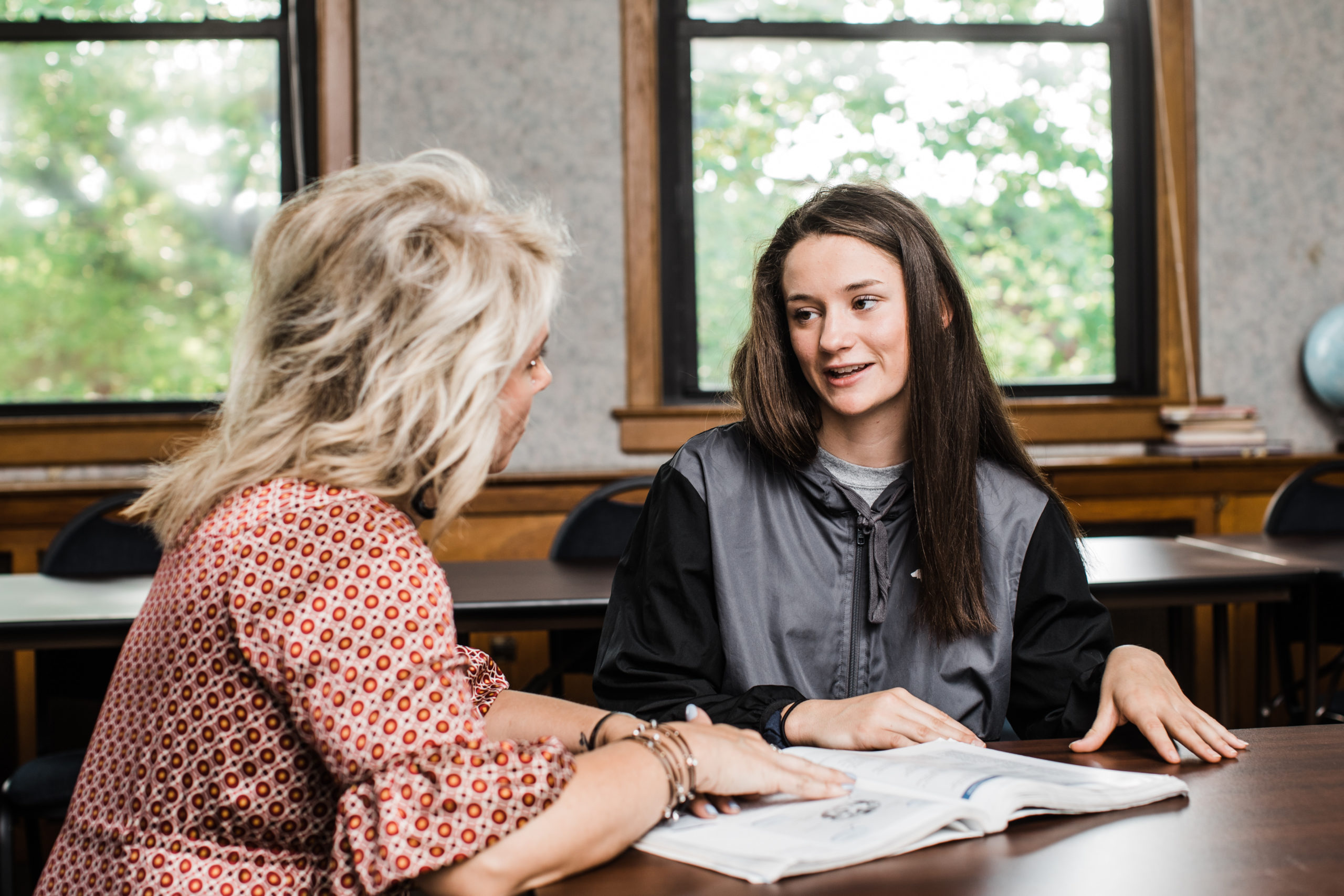
Congrats! You’ve moved to the next part of the job search process and landed an interview. This process is crucial, as you and your potential employer will determine whether you are a good fit for the company.
One thing to keep in mind is this: you are interviewing them, as well as they are interviewing you. You are both looking for a good fit.
Here are 3 tips to remember when preparing for your interview:
Research the Company
Look at their website. Are there any new projects coming up? Check for new stories. What is the company’s mission statement? Look at any of their professional social media sites to get a look at who your colleagues might be. What are they posting online? How are they talking about the company that they work for?
Anticipate Questions
Companies are now using artificial intelligence (AI) to generate interview questions. So should you.
You can start by asking AI to list out 10 interview questions that may be asked for the position you are applying for. You can narrow them down to questions specifically related to the responsibilities in the job description.
You can even narrow the focus to 10 more questions regarding each of the soft skills listed in the job description.
With 30 potential questions, you can begin to figure out what real-life examples you can draw to specific questions to highlight your abilities. Storytelling is a powerful tool to use for an interview. They help you be more relaxed, confident, and stay in the minds of an interviewer so you will be remembered.
Bring Notes to Your Interview
Notes can help keep your brain more organized ahead of the interview. Create an outline when composing your interview notes. These include:
- The top three skillsets you want to share.
- Questions you want to ask.
- Information you want to remember.
A good interview is a conversation. Taking notes shows you are actively engaged in the conversation. These notes can refresh your memory on what was discussed and can be helpful when writing a follow-up email following your interview.
Some important social cues to remember are to give a firm handshake, maintain eye contact, take deep breaths and most of all, be yourself.
Keep in mind it is more important to be interested than interesting during the interview. Ask questions!
The Career Design Center is here to help you reach your highest potential. Please contact Deborah Whistler, director of the Career Design Center, at dwhistler@spalding.edu for more information.